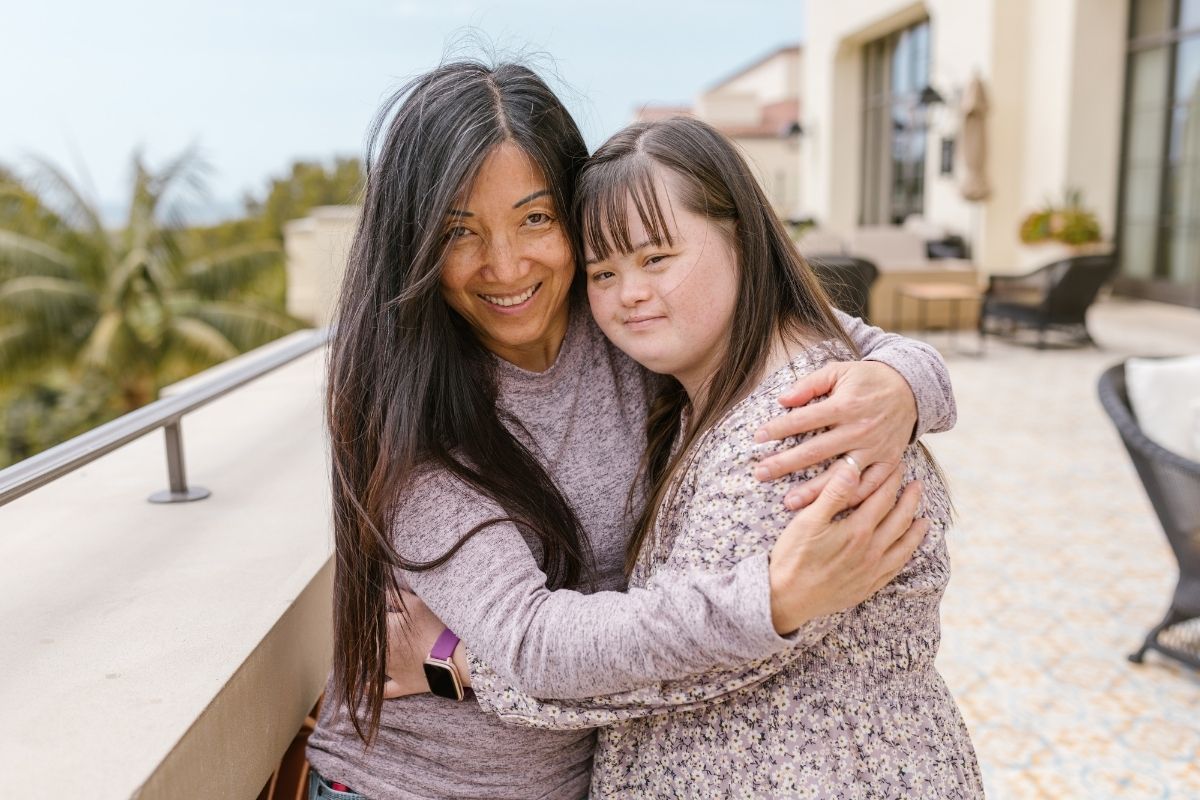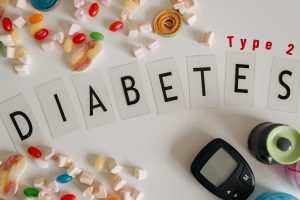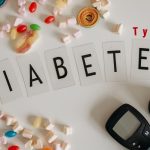Most people associate ADHD with a hyperactive child who frantically moves across walls yet fails to concentrate at school. The medical diagnosis Attention Deficit Hyperactivity Disorder, which we abbreviate as ADHD, does not limit itself to children. Millions of adults across the globe have ADHD, including numerous untreated individuals who received a diagnosis as they became older. Growing public understanding brings forward a central question about the effectiveness of ADHD therapy for adults. Can treatment for ADHD effectively support adults in ways that benefit children?
The short answer is yes. ADHD therapy extends beyond child benefits since this proven method creates life-altering improvements for adults who need help managing attention deficits and organizational issues alongside impulsive behaviors and emotional regulation problems.
Understanding Adult ADHD
ADHD symptoms that develop in adult patients differ from those observed in child patients. Adults diagnosed with ADHD tend to experience fewer hyperactive symptoms, although their primary symptoms persist.
- Chronic disorganization
- Difficulty focusing or finishing tasks
- Forgetfulness
- Impulsivity
- Emotional dysregulation
- Years of feeling “behind” result in low self-esteem.
The symptoms create problems in relationships and careers alongside detrimental effects on mental health, so adults often wait many years before getting help.
When individuals receive specialized ADHD treatment, particularly therapy, it produces remarkable improvements in their daily lives.
What Is ADHD Therapy?
The psychological treatment of ADHD functions as supportive care to enable patients to control their disorder symptoms and function optimally daily. The core ADHD symptoms may respond to medication treatment, but therapy specifically targets behavioral, emotional, and social aspects of the condition.
Cognitive Behavioral Therapy (CBT) represents the primary treatment method for ADHD patients regardless of their age because it helps patients modify their unhelpful thinking patterns while acquiring life skills for everyday use.
Therapies beyond traditional medication treatment for ADHD consist of:
- Time management, along with organizational skills, is taught through coaching-based interventions
- Mindfulness-based approaches for emotional regulation
- Behavioral therapy remains especially effective for patients who face one or more additional mental health issues.
- Psychoeducation provides information about ADHD and its influences on individual patients to those we serve.
People undergoing ADHD therapy receive tools rather than a “cure” for their condition, so they can succeed with the disorder.
How ADHD Therapy Helps Adults
Children with ADHD benefit from school and family support early on, but adults face difficult responsibilities without sufficient guidance. The therapy provides multiple benefits that help patients bridge this knowledge gap:
1. Improved Executive Functioning
The brain functions that control planning and organizing, along with prioritization, typically show reduced capability in people who have ADHD. Therapeutic sessions teach concrete skills , including digital calendar management, along with step-by-step task decomposition.
2. Better Emotional Regulation
People who have ADHD as adults exhibit strong emotional reactions alongside volatile mood changes. Through ADHD therapy, patients can develop skills for spotting emotional cues, and they learn to withhold initial responses to achieve better behavioral outcomes.
3. Reducing Shame and Building Self-Esteem
Adults who grow up without an ADHD diagnosis experience years of negative feedback, which leads them to internalize labels such as lazy and careless, and forgetful. The therapeutic setting provides approval to help adults reshape negative memories so they can reconstruct their sense of self-worth.
4. Improved Relationships
When individuals with ADHD display impulsive tendencies and distractibility combined with disrupted commitments, these behaviors contribute to strained relationships. Through ADHD therapy, adults learn to communicate more effectively while setting clear boundaries and keeping their word, which benefits their relationships over time.
5. Coping with Co-Existing Conditions
ADHD typically occurs alongside both anxiety and depression, in addition to substance abuse disorders. Through comprehensive ADHD treatment, a therapist helps manage multiple disorders while creating an integrated care approach that delivers better results.
Therapy for Adults vs. Therapy for Children: What’s Different?
The fundamental ADHD therapeutic principles work the same way for people of all ages, although therapists use different methods to deliver their treatments.
Children receive therapy by learning to change their behaviors through participation with teachers and parents across educational settings like school and home. The therapeutic approach for adults incorporates a partnership-based model which centers around personal growth alongside advocacy development alongside skill acquisition abilities.
Adults bring their acquired wisdom from life into therapy through existing coping mechanisms and the results from burnout in addition to relationship and work difficulties they have faced. Adult therapy typically looks for enduring changes accompanied by a shift toward more empowering interpretations of their life stories.
Combining Therapy with Other ADHD Treatments
Treatment of ADHD becomes most productive when professionals combine therapeutic approaches with additional treatment methods. These can include:
- Adults with ADHD benefit from taking stimulant or non-stimulant prescription medications to minimize core symptoms.
- People who make changes to their lifestyle through exercise and improved sleep patterns, and diet improvements report better outcomes.
- Coaching functions best for helping people achieve targeted goals and tackle specific tasks.
- Support groups, along with validation and shared personal experiences, help individuals who seek help.
People with ADHD encounter the condition in distinct ways, which makes successful treatment most effective when it includes a personalized selection of therapy approaches and specific tools.
Conclusion
People who are adults experience distinct life challenges yet therapy can deliver equal or superior benefits when it aligns with each individual’s specific developmental phase. Under appropriate therapeutic support adults with ADHD can attain daily coping skills while developing better relationships and career prospects and gain both inner self-awareness and boosting confidence.
ADHD therapy should be your next step, regardless of your current status, since you either suspect ADHD or have previously received an ADHD diagnosis. When it comes to understanding your mind, there is no set deadline for taking meaningful action.












